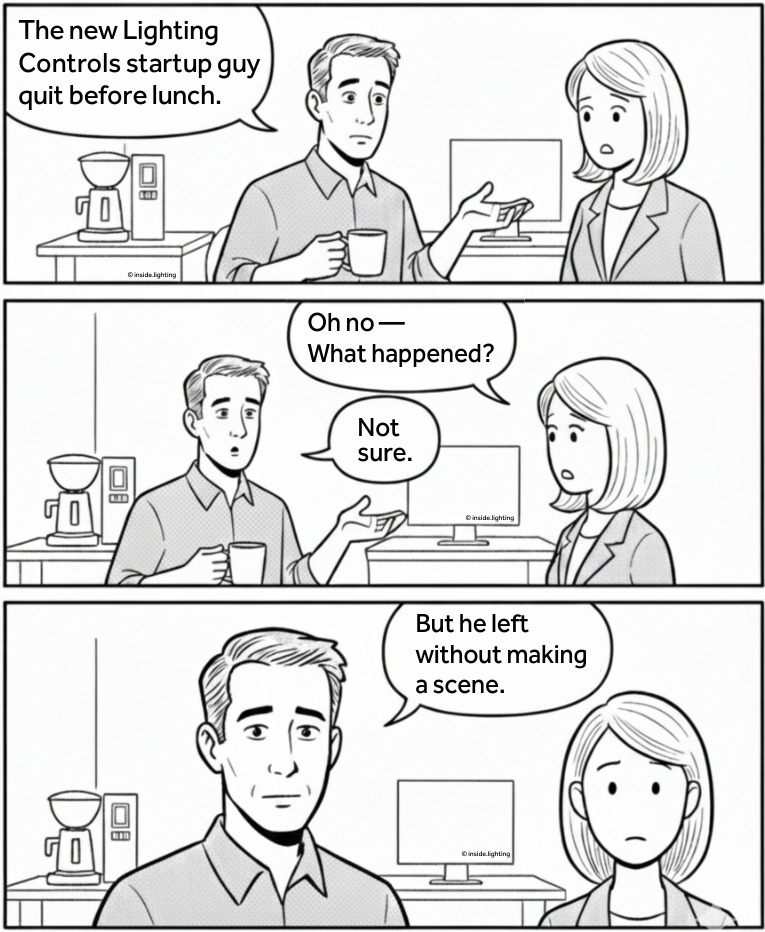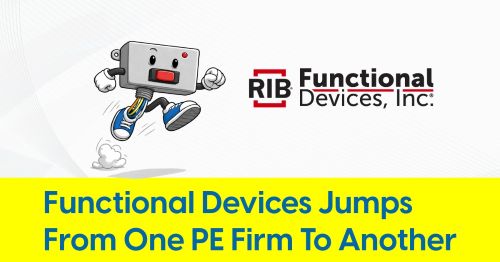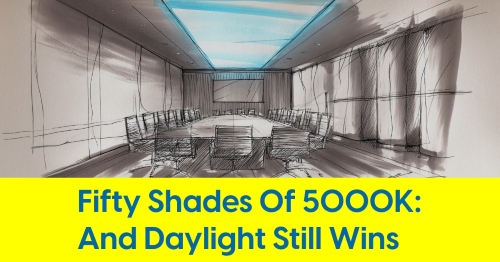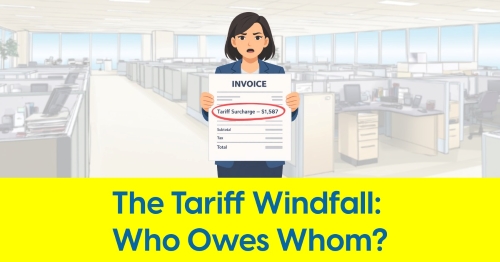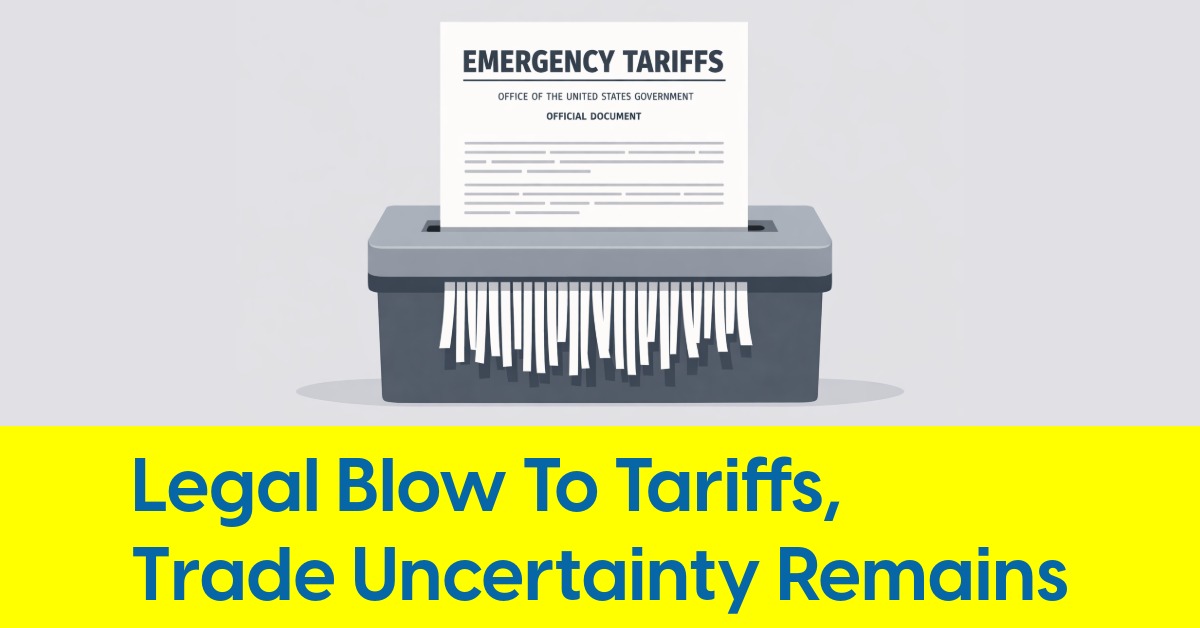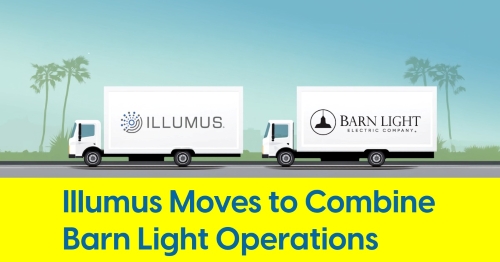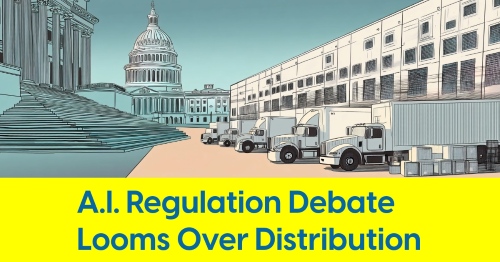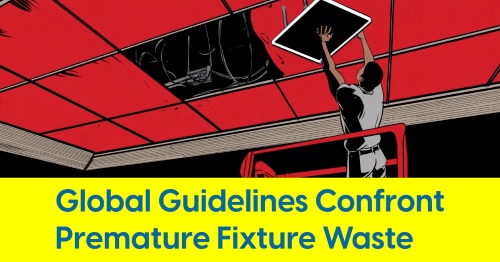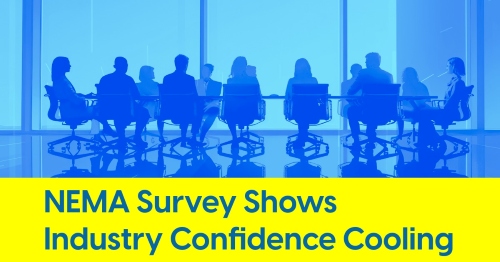November 10, 2025
Federal Lawsuit Alleges Theft of Molds, Trade Secrets
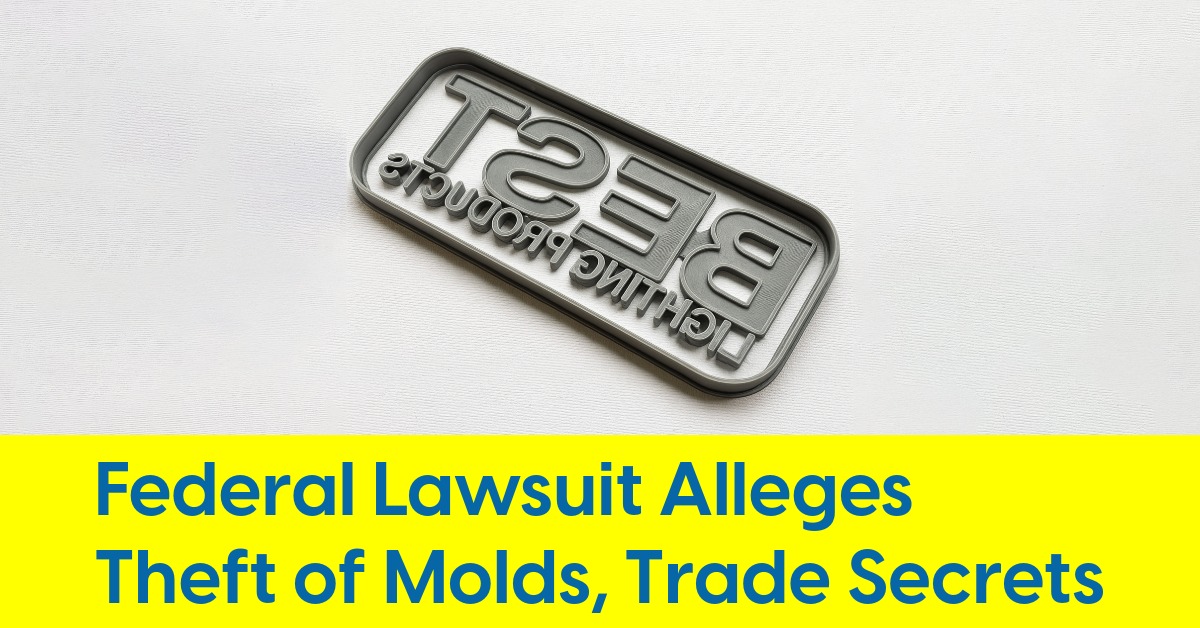
Best Lighting Products claims ex-engineers rebranded its emergency lights as QLLITE units
On November 7, Columbus-based Best Lighting Products Inc., a longtime supplier in the North American emergency lighting market, filed a federal lawsuit in that reads less like a business dispute and more like a tale of corporate espionage.
The 9-page complaint accuses former engineering managers at Best Lighting’s factory in China, now operating under the QLLITE brand, of orchestrating an elaborate scheme to clone and rebrand Best Lighting's products using the company's own proprietary tooling and trade secrets. The suit names four defendants, including a New Jersey-based importer and two China-based engineers, and alleges theft, deception, and a transpacific game of hide-and-seek.
According to the lawsuit, two of Best Lighting’s former engineering managers in China — Wang Jinhong and Jin Tao — quietly launched a competing company, Wanju Electronics, while still on the payroll of Best Electronics Technology Co., Ltd., a wholly owned subsidiary of Best Lighting. Not only did they allegedly divert factory workers to moonlight on rival products, but they’re also accused of using Best Lighting’s own molds to manufacture knockoff emergency lighting units.
Once built, those lookalike products, the complaint claims, were funneled into the U.S. through a New Jersey-based company called Mega Safety Industries, which is allegedly tied to the individual defendants. The products appear on Amazon and Walmart under the brand name QLLITE. As Best Lighting tells it, this was no accidental resemblance — the cloned items are so similar, they might as well have been stamped “Made by Us” with a Sharpie.
The QLLITE Trademark That Wasn’t
Best Lighting’s lawsuit singles out QLLITE as a rebranded clone of its own products. In November 2024, someone connected to Mega Safety Industries filed a trademark application for QLLITE, aiming to secure the name federally.
But that effort failed. The USPTO rejected the application in June 2025, citing a “likelihood of confusion” with the existing QLIGHT mark registered by a Korean lighting firm. When the applicant didn’t respond, the filing was officially abandoned in October.
The abandoned application doesn’t stop QLLITE from appearing in online marketplaces, but it does strip the brand of federal protections. Whether that was a legal misstep or part of a broader attempt to avoid scrutiny is unclear.
The Complicated Path of Cross-Border Accountability
The legal fight ahead will be slow and messy — particularly because some defendants reside in China. Serving foreign parties through the Hague Convention is no one’s idea of fast; the process can take more than a year, and Chinese courts are known for being reluctant to assist in IP enforcement, especially when it favors foreign plaintiffs.
So what does Best Lighting hope to achieve? Likely not repayment from Chinese defendants directly. Instead, the company is aiming at U.S. enforcement — freezing Mega Safety’s assets, blocking QLLITE sales, and possibly getting Amazon and Walmart to delist the alleged clones. A win in court could also include injunctions, destruction of inventory, and punitive damages.
But in lighting as in litigation, not everything is clear. These are allegations, not proven facts. The defendants have not yet responded in court, and no findings of liability have been made. And as with many lawsuits that span borders and corporate structures, proving who owns what — and whether any lines were truly crossed — will require careful scrutiny.
Exit Signs, Private Labels and a Bigger Question
Best Lighting’s business spans two key channels: its own branded products and a robust OEM private-label operation supplying other manufacturers across the U.S. and Canada. The lawsuit is an unusually public move for a company that generally stays out of headlines — except when 729,700 of its high bays were recalled in 2024 for fire risk.
The legal complaint may be new, but the underlying tension is old: what happens when former insiders walk out with the blueprints? And what happens when they bring the factory with them?
In an industry where tooling and design are often shared under tight factory-brand relationships, this case inspires broader questions that have been asked for decades: How secure are overseas supply chains? How many private-label products on the market today were born from a similar origin story?
Best Lighting wants to enforce its exclusive use of its molds. But this case may offer something more illuminating: a spotlight on just how porous the line between competition and copying can be.

